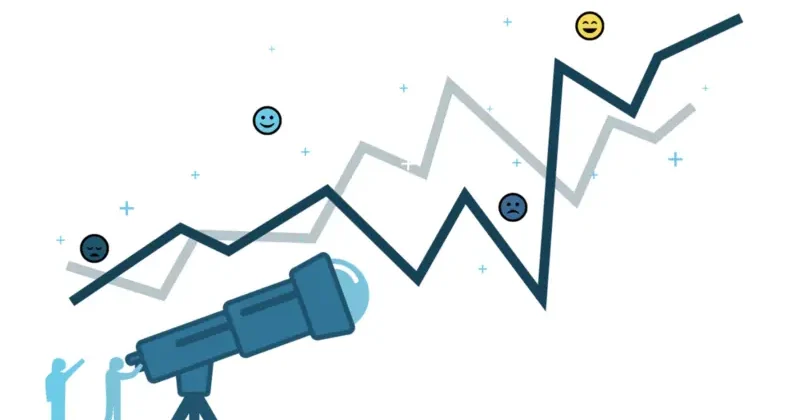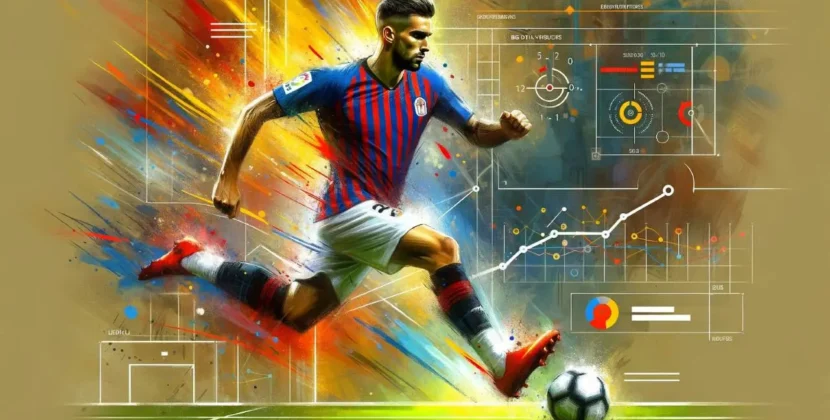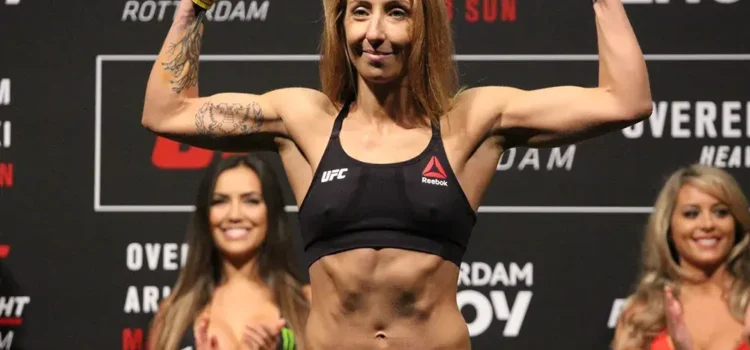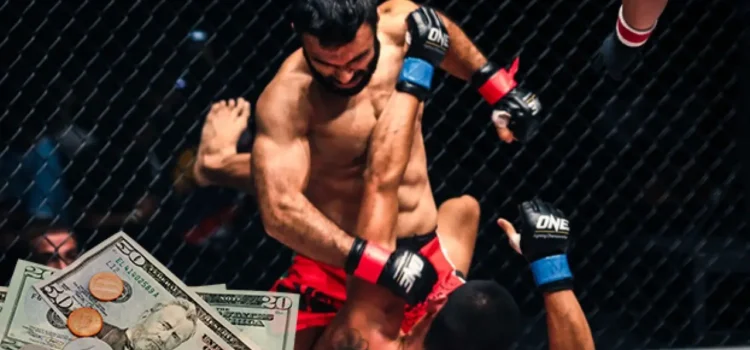
Heather Clark, a professional MMA fighter and coach at the Unbreakable Performance Center, shares her journey and involvement with Merging Vets and Players (MVP), an organization dedicated to bridging the gap between combat veterans and athletes. Having spent over a decade competing at the highest levels of MMA, including the UFC and Bellator, Clark has experienced firsthand the toll that such a physically intense sport takes on the body. “An MMA career usually lasts about nine years,” she says, “depending on how physically demanding the sport is. You can only last so long getting knocked around, and the MMA world doesn’t provide player injury support.” Her story highlights both the challenges of a career in professional combat sports and the shared understanding she has found through MVP’s community.
As an MVP trainer, Clark leads weekly workouts and participates in mentoring sessions, offering guidance rooted in her own experiences. For her, training and mentoring veterans through MVP has been both a privilege and a deeply personal journey. “Training the MVP vets is a true honor and pleasure for me, as I have the utmost respect for all of them,” she explains. “Sitting in on group talks after the workout has really helped me put a lot of my own life into perspective.” These interactions have allowed Clark to share her story while gaining insight from veterans who have faced the profound psychological effects of military service.
Clark’s connection to veterans’ issues is more than professional—it’s deeply personal. Her father, a Marine who served two tours in Vietnam, instilled in her a sense of resilience and self-confidence shaped by his own experiences. However, he also brought home the invisible wounds of war, struggling with severe PTSD, which had lasting effects on Clark’s life. “My dad’s war experiences caused severe PTSD, which led to triggers in my own life. At MVP, they helped me to better understand my dad’s issues and my own.” Through MVP, Clark has been able to gain a more nuanced understanding of PTSD, its impact on her family, and her father’s enduring strength.
Clark’s path to professional fighting began at a young age. Her father, finding some solace in karate after Vietnam, encouraged her to take up the discipline, instilling in her a fighter’s spirit. “He did karate after Vietnam and got me into it,” she recalls. “During my whole life, he encouraged me to fight and always stick up for myself.” From fighting on the ice as a hockey player at 13 to boxing at 19 and, eventually, MMA at 28, Clark’s journey has been marked by resilience and determination. Her career in combat sports, while physically grueling, has given her an outlet for channeling strength and focus—a mindset that resonates with the veterans she mentors at MVP.
Clark acknowledges the vast differences between fighting in the cage and serving in the military, yet she feels a profound respect for veterans who endure the psychological scars of warfare. “Even though MMA fighting is a form of physical combat, I don’t think it’s anything like fighting in a war,” she says. “I salute all vets and understand the challenges they face with PTSD, after years of hearing about it from my dad.” Her father, who has been working on a book about the effects of PTSD on veterans, has shared insights from his experiences that continue to shape her perspective. Clark hopes the book will be completed soon, as it represents an important tribute to her father’s resilience and the broader community of veterans.
Post-Traumatic Stress Disorder (PTSD), first formally recognized as a psychological condition by the American Psychiatric Association in 1980, was initially defined based on soldiers returning from the trauma of war. By 1994, this definition had been expanded to include anyone who has experienced a traumatic event. This broader understanding of PTSD has paved the way for organizations like MVP to provide support to veterans and athletes alike, acknowledging that trauma and healing are universal experiences.
Through her role with MVP, Clark not only provides physical training but also a compassionate presence, helping veterans process their experiences. Her story exemplifies the strength that comes from shared understanding and support, showing how individuals from different backgrounds—whether fighters in a cage or on the battlefield—can find common ground in resilience and healing.












